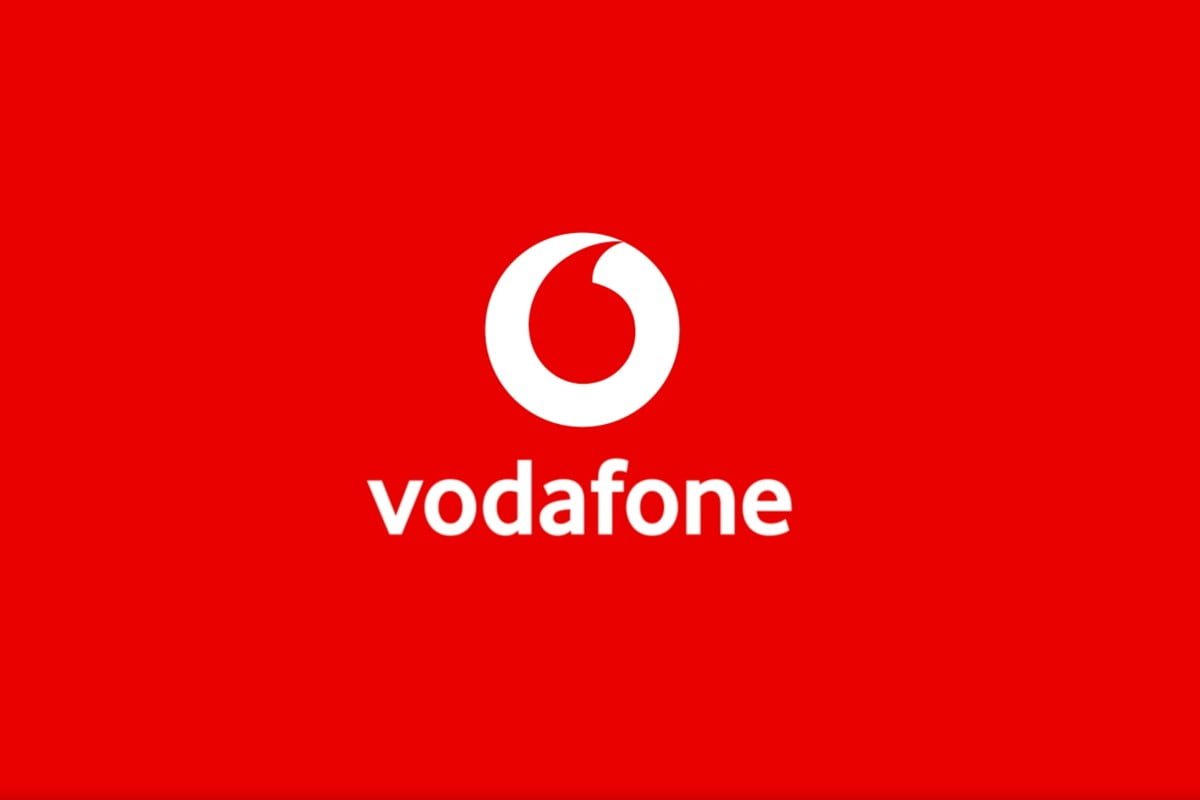In order to increase the efficiency of the Open Radio Access Network (Open RAN), the UK-based telecoms company Vodafone and the Japanese telco NTT Docomo have agreed to harmonise system integration and test procedures. The goal is to support businesses across Europe and Asia in the construction of networks with an open architecture. The telecom companies said in a joint statement on Wednesday that the standard testing methodology will help vendors avoid repetition when working with multiple operators while ensuring that the industry delivers secure by-design products as defined by the industry bodies, 3GPP and the ORAN Alliance.
Docomo and Vodafone Intend To Work Together To Reduce the Total Cost of Ownership
As per Vodafone and NTT Docomo, the collaboration will be carried out through a mutual exchange of the firms’ specialised knowledge and technological resources. They said that by eliminating costly duplicate testing with different operators, their collaborative efforts would particularly help startups and smaller suppliers. In addition, Vodafone and NTT Docomo want to get the most out of the RAN Intelligent Controller platform (SMO/RIC) and the Service Management Orchestrator, all of which are parts of the Open RAN Network Operation Support System. According to the statement, their goals include defining the underlying software architecture, identifying the essential SMO/RIC features, and forecasting how they will change over time. Furthermore, with a view to publishing a whitepaper, Vodafone and Docomo intend to collaborate in order to reduce the total cost of ownership (TCO) for operators by improving the effectiveness of RAN technologies, integration procedures, artificial intelligence/machine learning, and automation techniques. The entry barrier for many more businesses in Europe and Asia who want to construct Open RAN networks will be lowered thanks to Vodafone and Docomo’s combined R&D power. As per Johan Wibergh, Chief Technology Officer of Vodafone, Open RAN is uniting the industry rather than splintering it. This will encourage a broader variety of network equipment manufacturers and assure better system interoperability. In addition to NTT Docomo, Vodafone also disclosed partnerships with a number of industry players on Tuesday, including the chipmakers Marvell and Qualcomm, the South Korean company Samsung, and the Finnish company Nokia. Vodafone also revealed plans to conduct a commercial 5G pilot using the open architecture in Germany the following year. Working together, Vodafone and Nokia will develop an Open RAN baseband solution. The British telco’s collaborations with Samsung and Marvell will be aimed at accelerating data processing and enhancing network performance to match that of traditional infrastructure. Following the conclusion of validation testing in the telco’s lab, Vodafone and Qualcomm have increased their cooperation to test, build, and integrate 5G equipment for Open RAN deployments across Europe. Along with their current Open RAN R&D centres in the UK (Vodafone, Newbury) and Japan (Docomo’s Shared Open Lab, Yokosuka), the two firms have also agreed to study into remotely connecting their lab capabilities.
